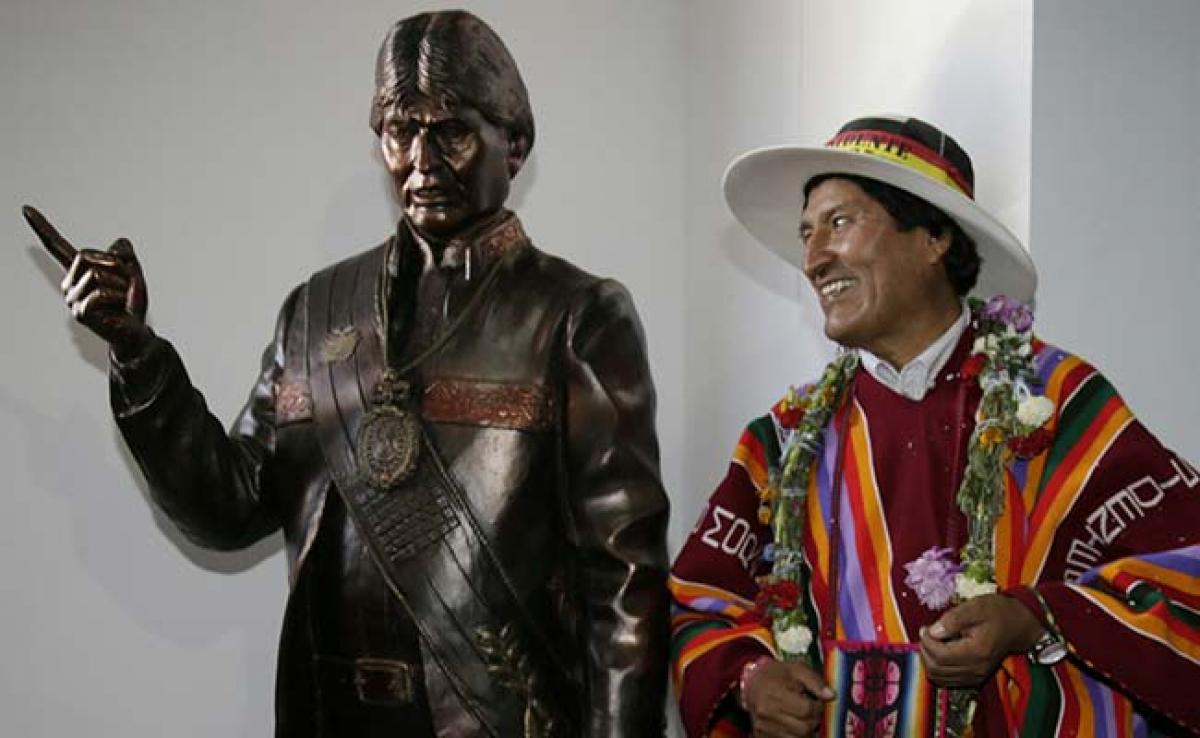Live
- Honda Motorcycle and Scooter India conducts Road Safety Awareness Campaign in Siddipet, Telangana
- Natural Moisturisers You Can Find in Your Kitchen for Dry Skin in Winters
- National Energy Conservation Day 2024: Importance, Date, and Ways to Save Energy
- In 2024, 353 girls enrolled in 33 erstwhile pattern Sainik Schools
- Venkatesh looks as stylish cop in ‘Sankranthiki Vasthunnam’ new song promo
- ‘Drinker Sai’ comes with a catchy song ‘Drinksu Drinksu Drinksu’
- SDT unleashes intensity in ‘Sambarala Yetigattu’ teaser
- Court Adjourns Quash Petition Hearing for Allu Arjun to 21st of December
- Youthful love story ‘Varadhi’ clears censor; set to release soon
- ‘Mardaani 3’ announced with Rani Mukerji’s return as Shivani Shivaji Roy









